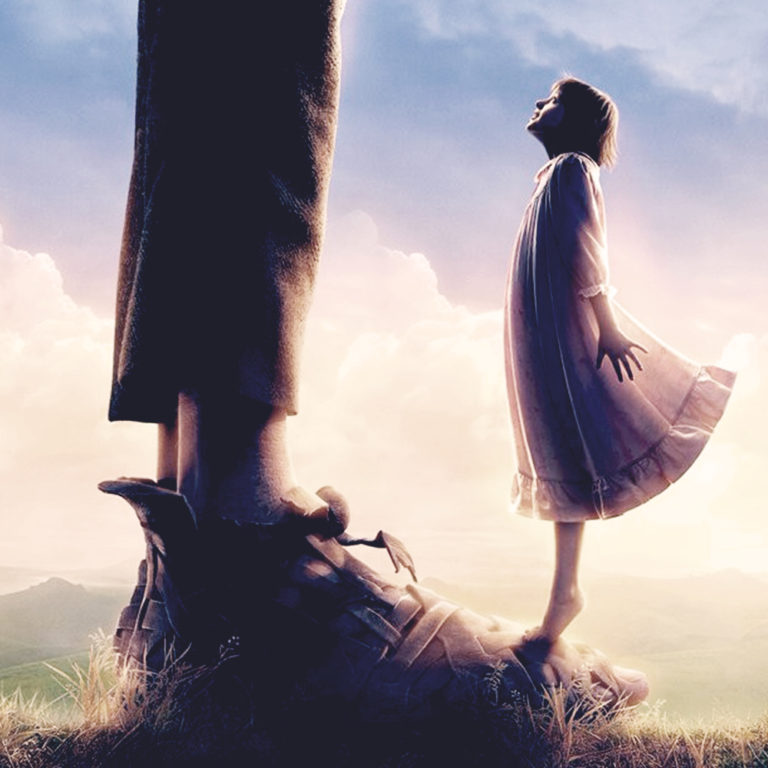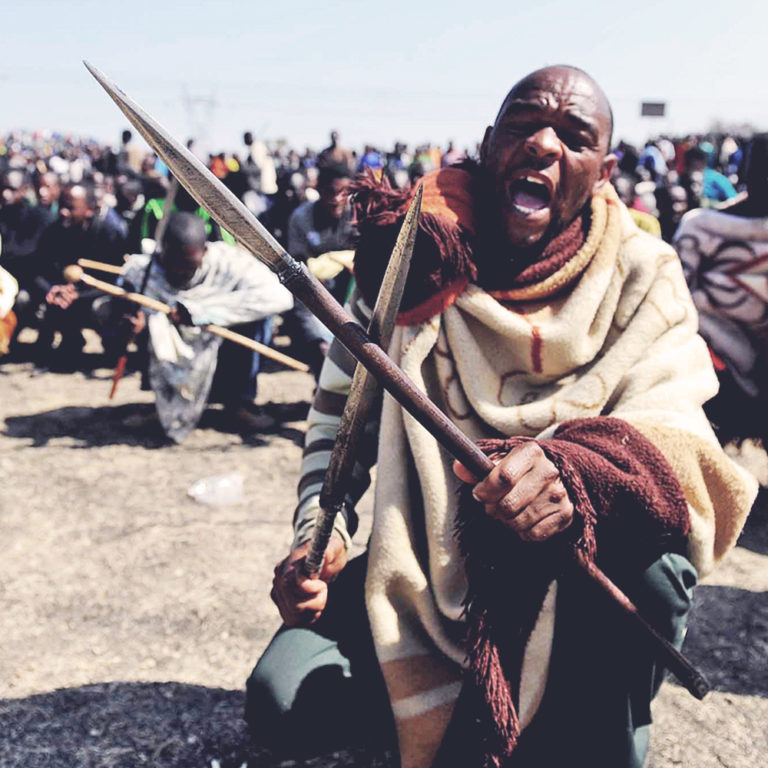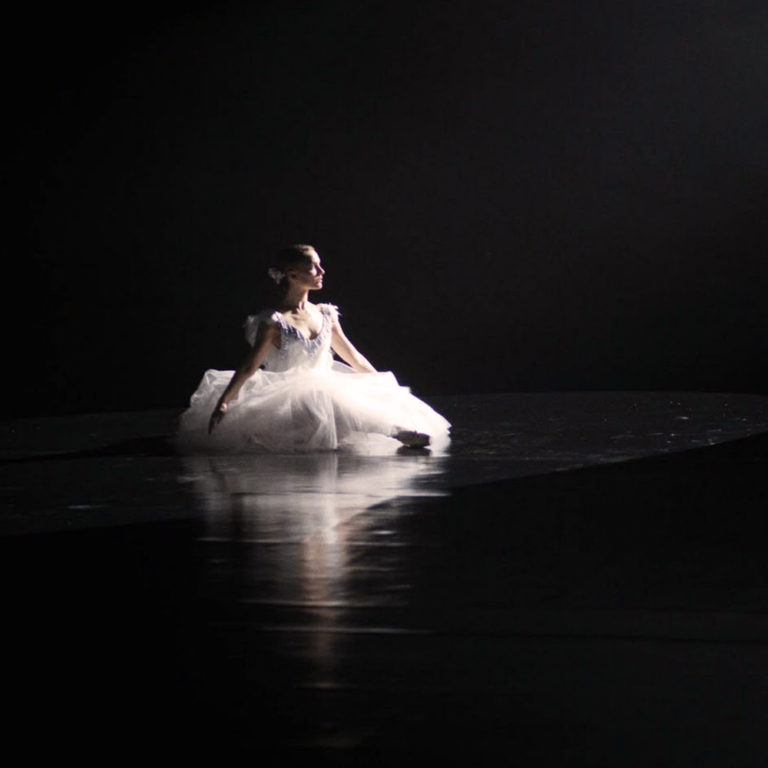Choosing a good movie can be a bit of a minefield these days, right?
My wife tbV (the beautiful Val) and I just returned from celebrating our seventh year anniversary. We found a cheap cottage in the middle of McGregor (slash nowehere) cut off from the internet and work and distractions from home.
But before we left, our DVD store has a five-movies-for-five-days special which suited us just fine and it was my job to choose the movies. Which is such a hard thing to do because everyone has different tastes. My wife and I agree on a lot of things in life and tend to have similar movie choices for the most part so I hoped I would at least be able to get it mostly right.
I picked four movies (and they had to be older movies for the special) and one series we had been watching, and somehow managed to strike it gold on every single one.
So I thought it might be helpful if I gave four quick movie reviews in one, with the hope that those of you looking to find a good classic to watch might enjoy one or all of these.
THE TREASURES I FOUND
The four movies I chose were in alphabetical order: A Late Quartet, Begin Again, The Hundred Foot Journey and St. Vincent. Let me give you a brief overview in the order that we watched them.
St. Vincent: I am a huge fan of Bill Murray and he doesn’t disappoint in this coming of age type movie about a divorcing mom (played surprisingly powerfully by Melissa McCarthy, normally known for being over the top and boisterous in her roles) and her young son, Oliver. Murray plays the very unlikely saint candidate, Vincent, and is not the person you should choose to leave your son with, but McCarthy’s Maggie is struck for choice. With the strong support cast of Naomi Watts and Chris O’Dowd, this movie and Vincent works its way into your heart with a powerful climax where we get to see who Vincent really is through young Oliver’s eyes and words.
A Late Quartet: How do you go wrong with a movie boasting Christopher Walken, the late Philip Seymour Hoffman, as well as Catherine Keener in the roles of three of the members of a world-renowned quartet struggling along in the face of the mortality of life and the complexities of the relationships around them? Quartet is not a fast movie and focuses hugely on the individual characters and interconnected relationships of a truly dysfunctional family trying to find each other in the face of an impending tragedy. Stunning acting and cleverly crafted story-telling will pull you right in and have you gasping for air right up to the thrilling and satisfying climax.
The Hundred Foot Journey: With each of these movies, the actors in them played a huge part in my choice and Helen Mirren is no exception. Journey is a movie I had been wanting to see forever and also has the same kind of indie movie vibe that the rest of these choices contained, focusing on relationships and character, with storyline almost playing a supporting role in the background. Simply put, it is the story of relative newcomer Manish Dayal’s young character Hassan as he moves from being a cook in the shadow of his late mother’s family business to a Michelin-star accomplished chef. The movie follows the uprooted Kadam family as they find a place to land in France and compete with Madame Mallory’s Michelin-starred eatery which is directly across the road from them.
Begin Again: Lastly, this beautiful movie, from the same director that brought us Once (another classic) this time with Mark Ruffalo and Keira Knightley as a not-couple who start to find themselves through an unexpected and glorious music collaboration. After her breakup with her Adam Levine rock star “Dave Kohl” and with his broken marriage (Catherine Keener once again starring in a complicated wife and mother role) trailing behind him, the two manage to create magic on the streets through her music, which spills into their lives.
What connects all four of these movies are broken, hurting, flawed characters and the way each of them still manages to find some sort of redemption or beauty and togetherness in or through the lives of the other people around them. If you appreciate great acting and solid story-telling, any of these movies will be good for you to watch.










